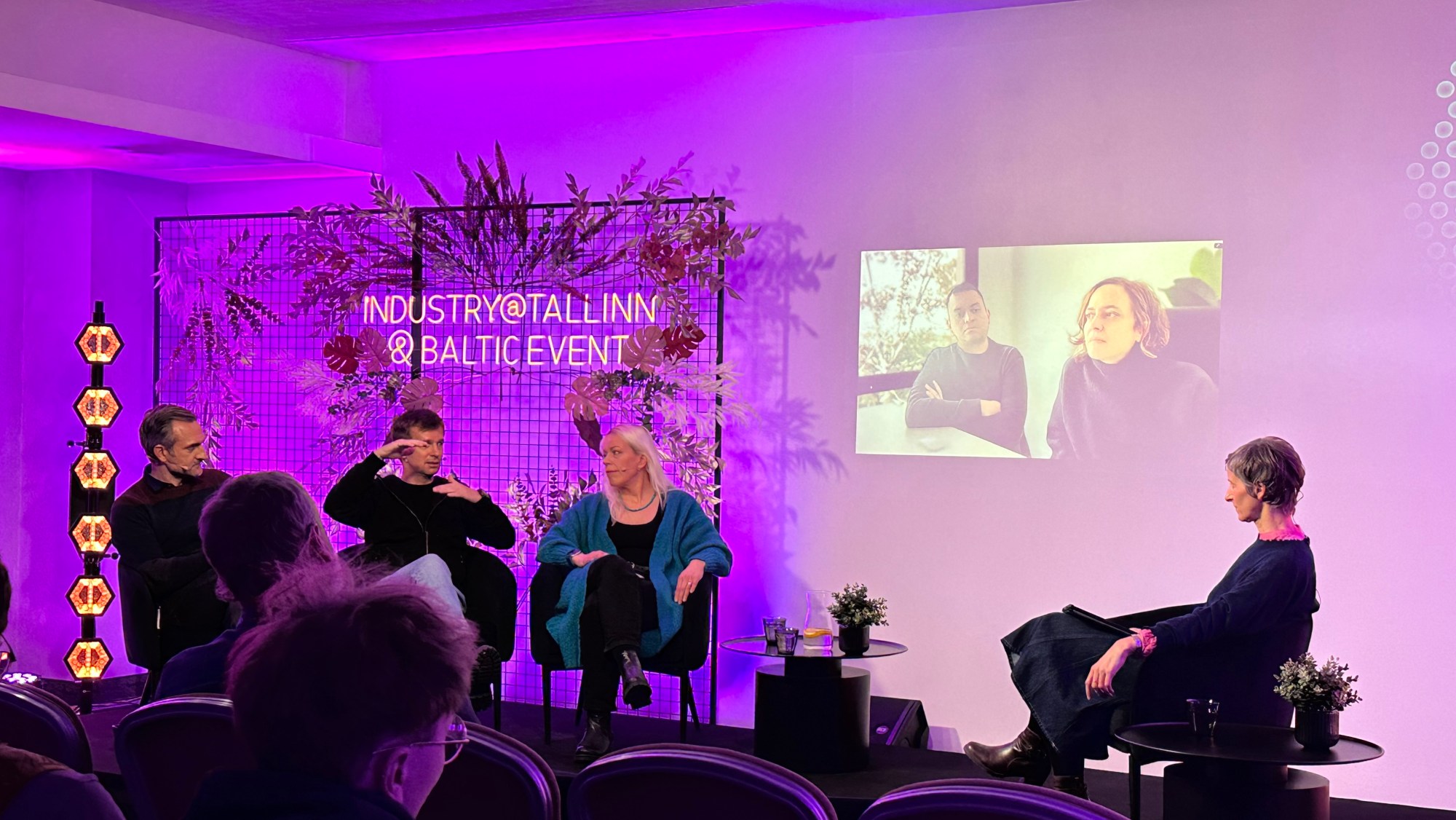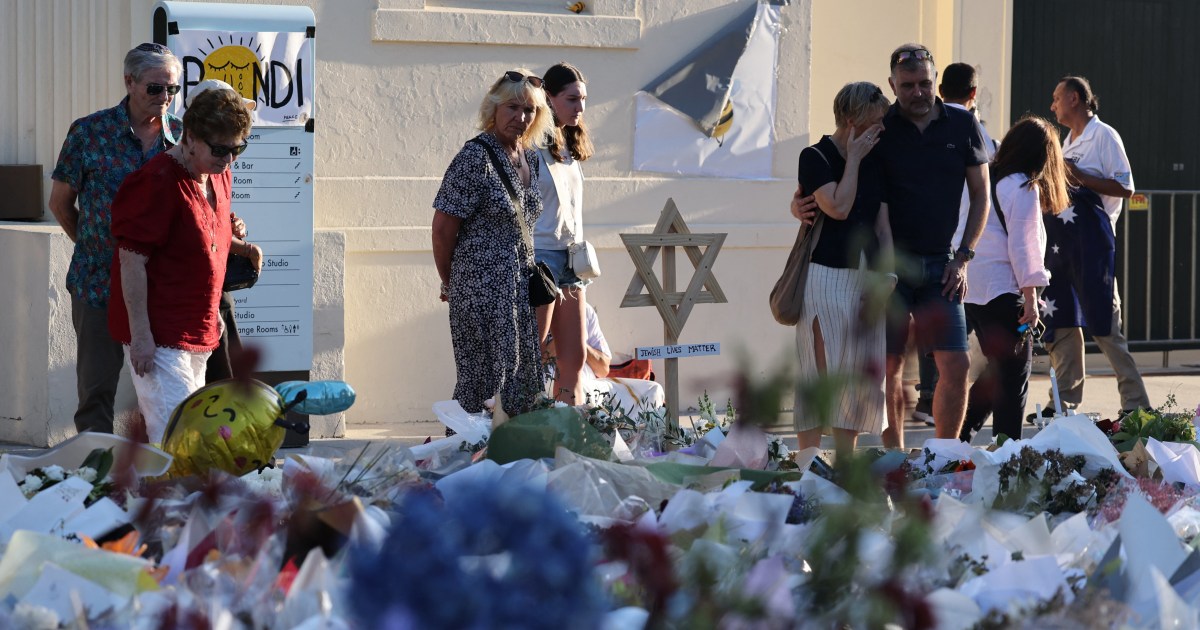The potential of artificial intelligence (AI) in the film industry was a key focus during a panel discussion at the Tallinn Black Nights Film Festival on November 29, 2023. Titled “Moving Forward With AI: Beyond Constraints. Future Scenarios for European Film Productions & Business,” the session brought together industry leaders to explore how AI can enhance creativity and streamline production processes while adhering to best practices and regulations.
Among the speakers was Matt Szymanowski, a director-producer currently in post-production on the film Captive Mind. He emphasized the transformative impact of AI on filmmaking, comparing it to significant technological shifts in the industry, such as the transition from silent films to sound and the advent of computer-generated imagery (CGI). Szymanowski noted that AI tools could improve efficiency and sustainability in film production, potentially reducing post-production timelines by 25-40 percent and cutting team sizes by 40-60 percent. He estimated this shift could result in savings of between $120,000 and $300,000.
The discussion highlighted the need for a new mindset among filmmakers, according to session moderator Kristen Davis, former IT and innovation director at the New York Times International. She pointed out that embracing AI requires significant changes in skills and processes to foster “augmented creativity.”
Screenwriter Katri Manninen shared her insights on the limitations of AI in content creation. While she utilizes AI for tasks such as keeping track of her notes and formatting text, she emphasized that she refrains from using AI for ideation or co-writing. Manninen argued that AI-generated content often feels generic, stating, “I really want to ideate my own stories.” She advised fellow creators to use AI for preliminary research while remaining vigilant about the accuracy of the information it provides.
Another contributor to the panel, AI expert Maciej Zemojcin, urged filmmakers to adapt to the evolving landscape of the industry. He described the traditional film production process as linear and sequential, suggesting that AI encourages a more iterative and continuous approach. Zemojcin remarked, “If you are not ready for this shift, this will not shift for you,” emphasizing the importance of embracing change.
The session also featured a unique moment when an AI agent, created by Zemojcin and utilizing the voice of Charlie Chaplin, contributed to the discussion. The AI agent highlighted the need for transparency and fair compensation for artists in the age of AI. “The future of film will be decided by which side wins the close-up, studios using AI to cut humans out, or humans using tools carefully,” it stated.
Executives from Artefacto Studio, including CEO Anna Giralt Gris and co-founder Jorge Caballero, joined the conversation via video link from Barcelona. They echoed concerns voiced by renowned filmmaker Guillermo del Toro regarding the implications of generative AI, framing the current era as a “paradigm shift” in film production.
The panel concluded by underscoring the need for filmmakers to prioritize authenticity and emotional connection with audiences. As the film industry navigates the integration of AI, the discussions at the Tallinn Black Nights Film Festival reflect a growing acknowledgment of both the opportunities and challenges that this technology presents.







